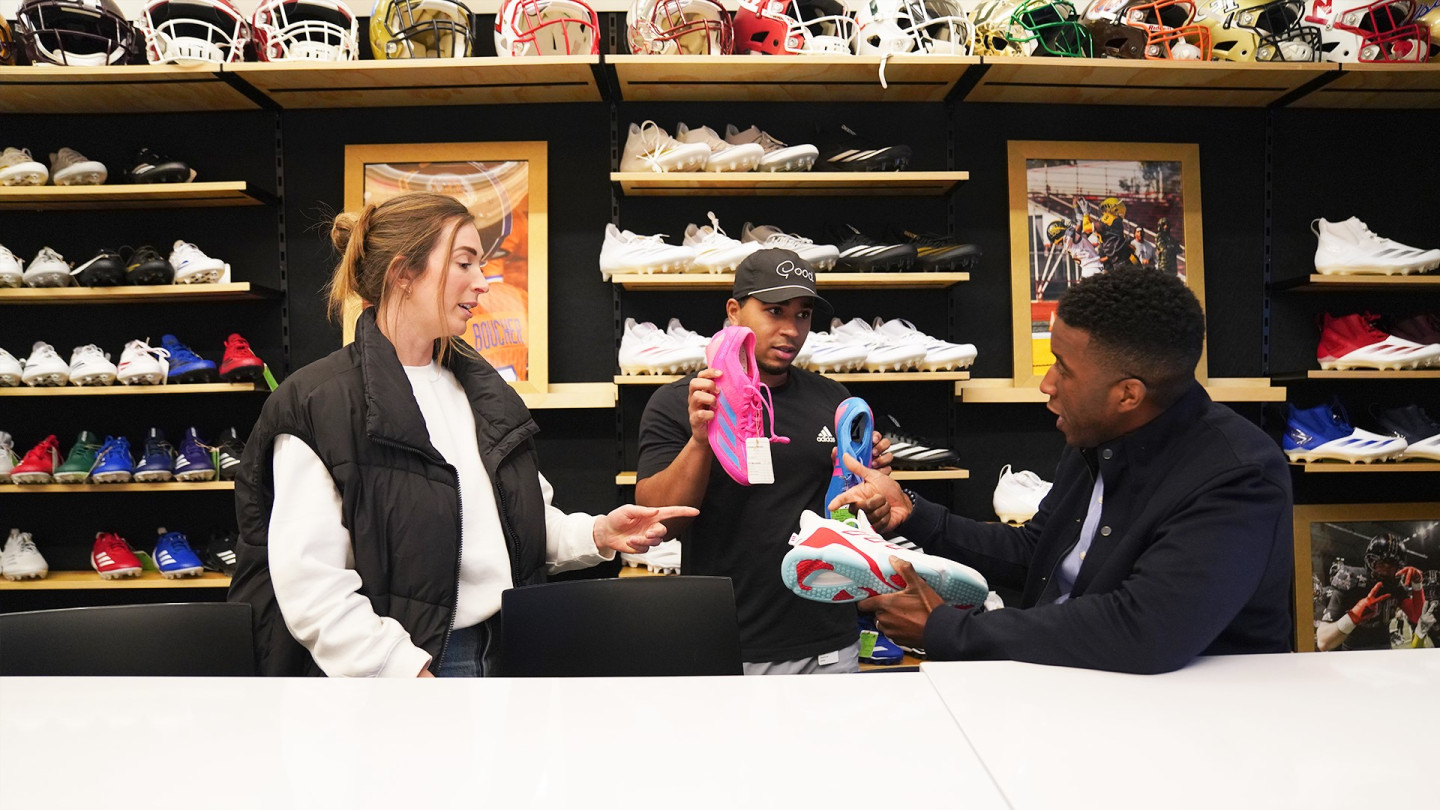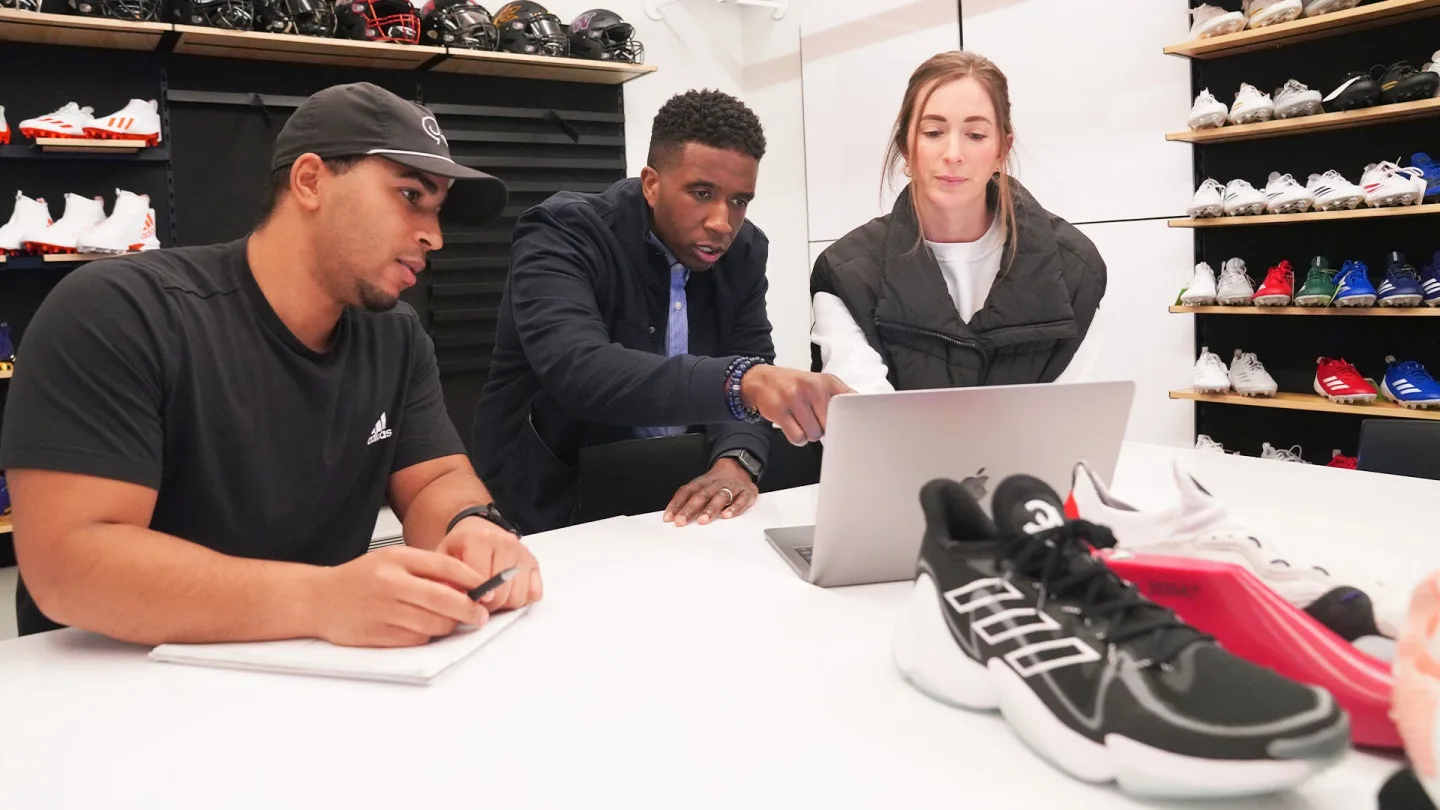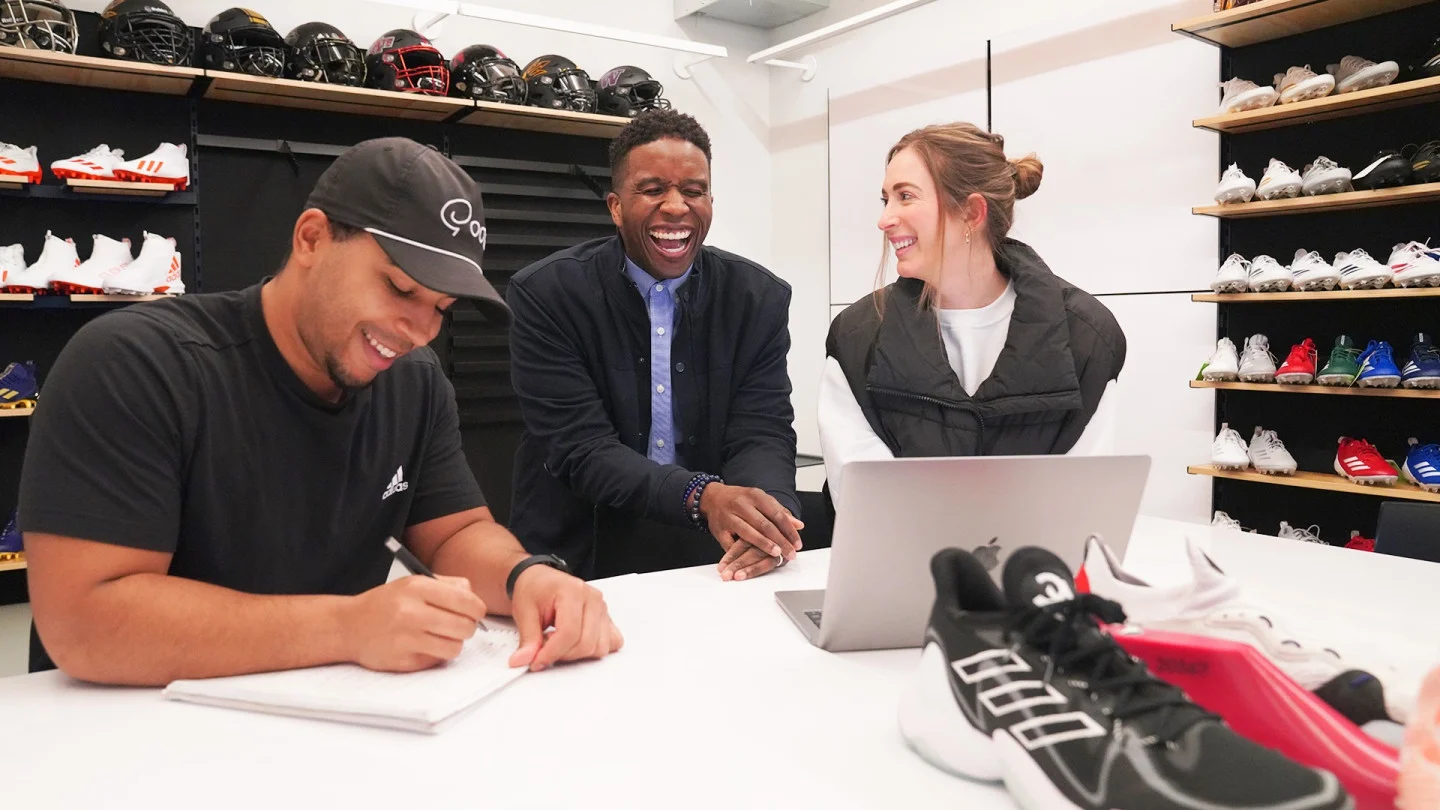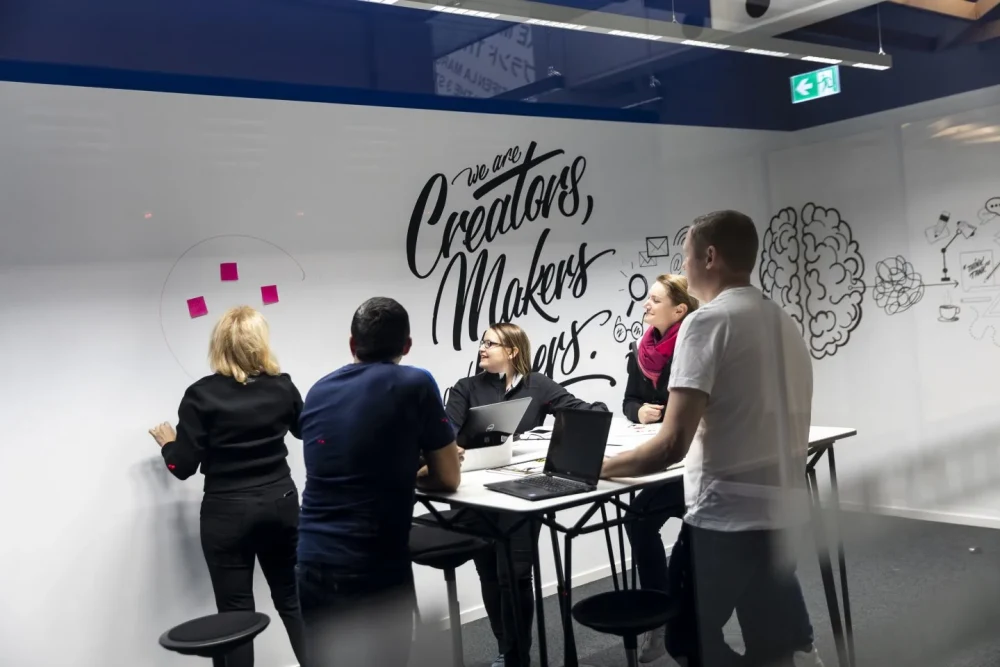
Mentorship: Carving a Path for Growth
Aaron Seabron, General Manager of US Sports and Creation Center Portland at adidas, discusses how mentoring can help you refine your goals and accelerate professional growth.

At every phase of your life or career, there are different aspects of mentoring you can benefit from. It begins with asking yourself what you are trying to accomplish.
When I graduated from college, I was focused on how to be successful at my first job. When I became a dad 15 months ago, I needed advice on how to perform my job at a high level with little sleep. Once I understand what I need, I look for people who can provide a valuable perspective. Leaning on the insight of those who traveled the roads before you can help you carve a clear path for where you want to go.
Nobody has it all figured out. Whether you’re just starting out or have years of experience under your belt, everyone needs guidance in one way or another.
"I highly recommend mentorship as a valuable tool for forming new mindsets, building confidence and achieving goals."
Find a mentor
Building genuine connections is a key step toward finding a mentor. Is there someone you admire that you’d like to get to know better? Start a chat with them and find some common interests.
 Finding common interests helps you build genuine connections.
Finding common interests helps you build genuine connections.
During my early days at adidas, I noticed a flow of traffic into my colleague Paul Ehrlich’s office. People frequently stopped by to talk to him and gain insight. Based on this observation, I decided he was someone I wanted to connect with. After bonding over our shared interest in running and fitness, we began chatting regularly. Paul taught me how to see all sides of a situation in the context of adidas and helped me find stability in my new role. I credit those conversations with him for laying the foundation for me to succeed in navigating the company after joining from a different industry.
Additionally, I’ve participated in mentorship programs, where I’ve been assigned a mentor for a set amount of time. In these instances, it’s best to express what you’re trying to get out of the relationship from the beginning. I’ve always asked how I could help my mentors as well, to ensure our time investment would be mutually beneficial.
One of the most important factors I’ve learned is to be cognizant of other people’s time. If you’re preparing to initially meet with a potential mentor, make time for a conversation on their schedule. Then see where the conversation flows naturally. If it goes well, you can unlock the next conversation with something specific, actionable and relevant from the initial meeting.
"Be cognizant of other people’s time."
Measure progress as a mentee
Once you’ve found a mentor, how can you measure your progress? Recognizing patterns in thoughts and behavior can help both parties in the mentorship develop a plan for growth. For instance, if you tend to procrastinate, it may affect your ability to thoroughly prepare for meetings. During each session with your mentor, you can discuss the concrete steps you’re taking to break that pattern and how your meeting prep is improving.
 The more comfortable you are with your mentor, the more trust you have in them.
The more comfortable you are with your mentor, the more trust you have in them.
Another way to define progress is when the relationship or the interactions become less formal. When the conversation becomes organic and free flowing, it shows you both feel a sense of trust.
Effective mentors
An effective mentor is empathetic and tries to understand their mentee’s background, including the company they work at, the relationship with their manager or their cultural context. I’d also emphasize that patience is critical while helping a mentee figure out their unique path.
"An effective mentor is empathetic."
It’s important for leaders to understand their words hold weight and influence. When I began mentoring others, I focused on using clear and direct communication. One way I did this was by improving my listening skills and asking more questions. Questions invite possibilities and answers set direction. Plus, I’ve become more mindful of the verbal and written messages I deliver and how others will receive them.
 Building an inclusive environment allows for open communication.
Building an inclusive environment allows for open communication.
I also pay close attention to the energy I create in meetings with a mentee. I think it’s important to build an environment that’s inclusive and welcomes someone to share their perspective.
Create new leaders
The most rewarding part about the role is seeing people I’ve mentored move to higher positions and apply lessons we worked through together. Witnessing them lead with confidence, develop their own teams, or think critically through a complex situation is meaningful.
Ultimately, I think a leader’s most important job is to create other leaders. Mentors aren’t solving a problem for someone, but rather revealing something that was already within them.
Focus on your mindset
If you’re thinking about getting started in a mentorship experience, focus on how you can maintain a growth mindset. Know that it’s important to be okay with feeling uncomfortable. The most growth-oriented people are always being stretched and challenged.
"It’s important to be okay with feeling uncomfortable."
When I’ve experienced feelings of self-doubt while stepping into different roles, challenges and opportunities, I try to recall past challenges I once overcame. If you’ve figured out a tough challenge in a different context, there’s a high probability you can figure out a new one.
The mindset you bring is essential. Have clear objectives, be open to different perspectives, welcome challenges and maintain a positive attitude – that’s how you’ll grow as a mentor or mentee.




